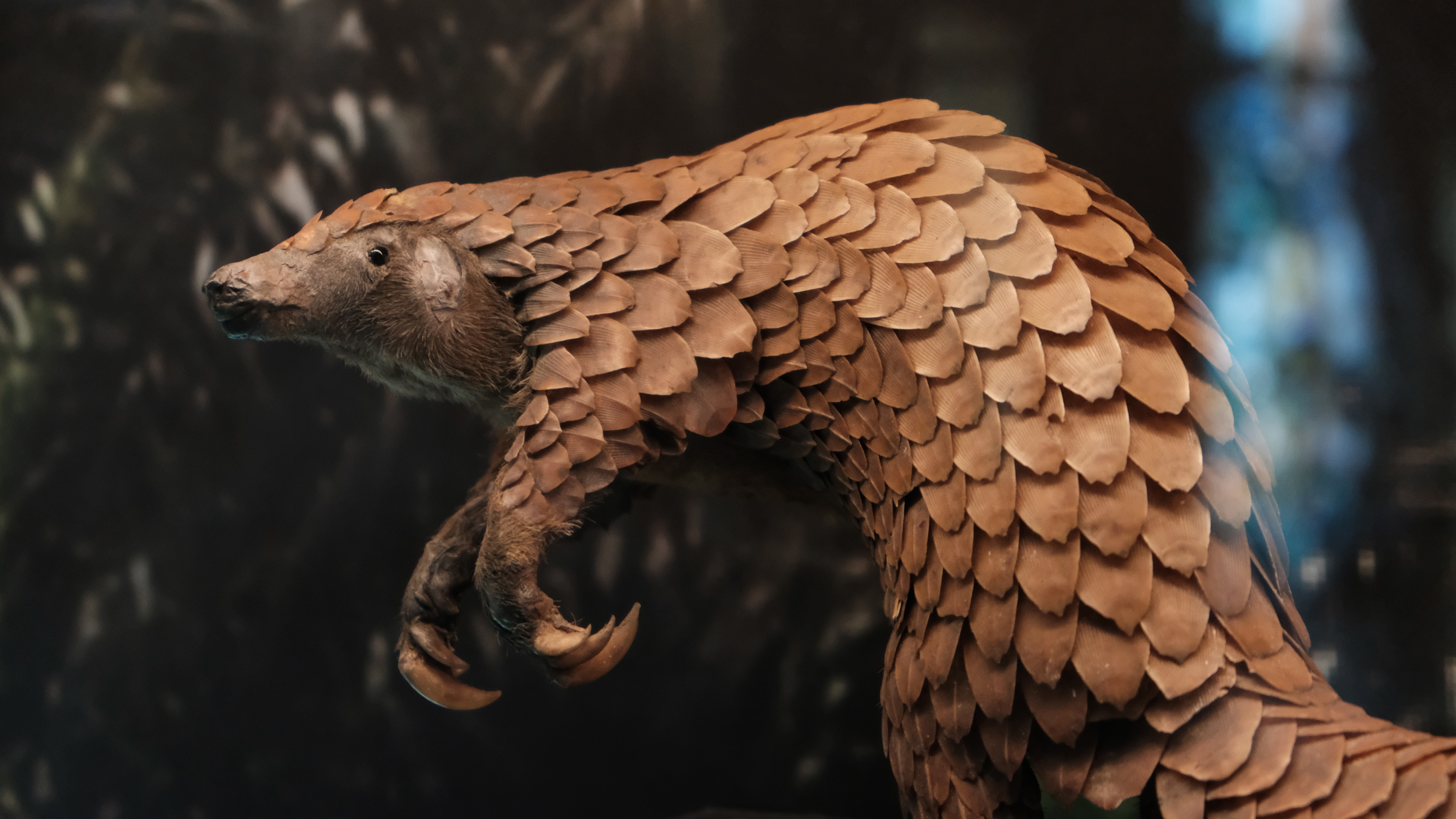Report: Chinese Drugmakers Using Endangered Animal Parts as Ingredients
Three listed Chinese pharma firms — Beijing Tong Ren Tang, Tianjin Pharmaceutical, and Jilin Aodong Pharmaceutical Group — are using endangered animal parts as ingredients in their products, according to a report published by the Environmental Investigation Agency (EIA) on Monday....

Facts
- Three listed Chinese pharma firms — Beijing Tong Ren Tang, Tianjin Pharmaceutical, and Jilin Aodong Pharmaceutical Group — are using endangered animal parts as ingredients in their products, according to a report published by the Environmental Investigation Agency (EIA) on Monday.1
- The three drugmakers are among 72 that the report claims have used body parts from leopards and pangolins — two species facing threat of extinction — in at least 88 traditional Chinese medicine (TCM) products.2
- The environmental protection group has also found that some of these companies use parts of tigers and rhinos in their medicines, a practice it alleges contradicts 'China's own stated position that it does not allow the use of tiger bone and rhino horn' in such products.3
- The EIA's report has called on global investors of the three listed firms, including UBS and HSBC, to 'divest from TCM manufacturers using threatened species at the soonest opportunity.' It has also urged the PRC to prohibit using endangered animal parts for all commercial purposes.4
- In May, China amended its Wildlife Protection law, which bans trade in most wild animals for consumption as food. However, it still permits breeding and allows their use under certain circumstances.5
- Meanwhile, TCM's supporters and practitioners have alleged that the discipline is threatened by unabated trade in endangered animals. The wildlife trade in China is estimated to be worth around $74B.6
Sources: 1Reuters, 2Dimsum Daily, 3CNN, 4Daily Caller, 5The Straits Times and 6The Guardian.
Narratives
- Pro-China narrative, as provided by Reuters. Wildlife products hold particular significance in Chinese culture and economy, though global forces are using the pretext of animal welfare to attack traditional Chinese medicines. China is currently exploring ways to minimize damage to the ecology, including implementing a permanent ban on wildlife trade and consumption. There is no reason to embroil TCM with these other complex debates.
- Anti-China narrative, as provided by Wilson Center. China is the world's largest illegal wildlife products market and has driven the growth of animal farms where wildlife species are bred in captivity. If the PRC is serious about protecting species from extinction and reducing poaching, it must fulfill the recommendations of the Convention on International Trade in Endangered Species of Wild Fauna and Flora, including applying it to the sector of TCM.






